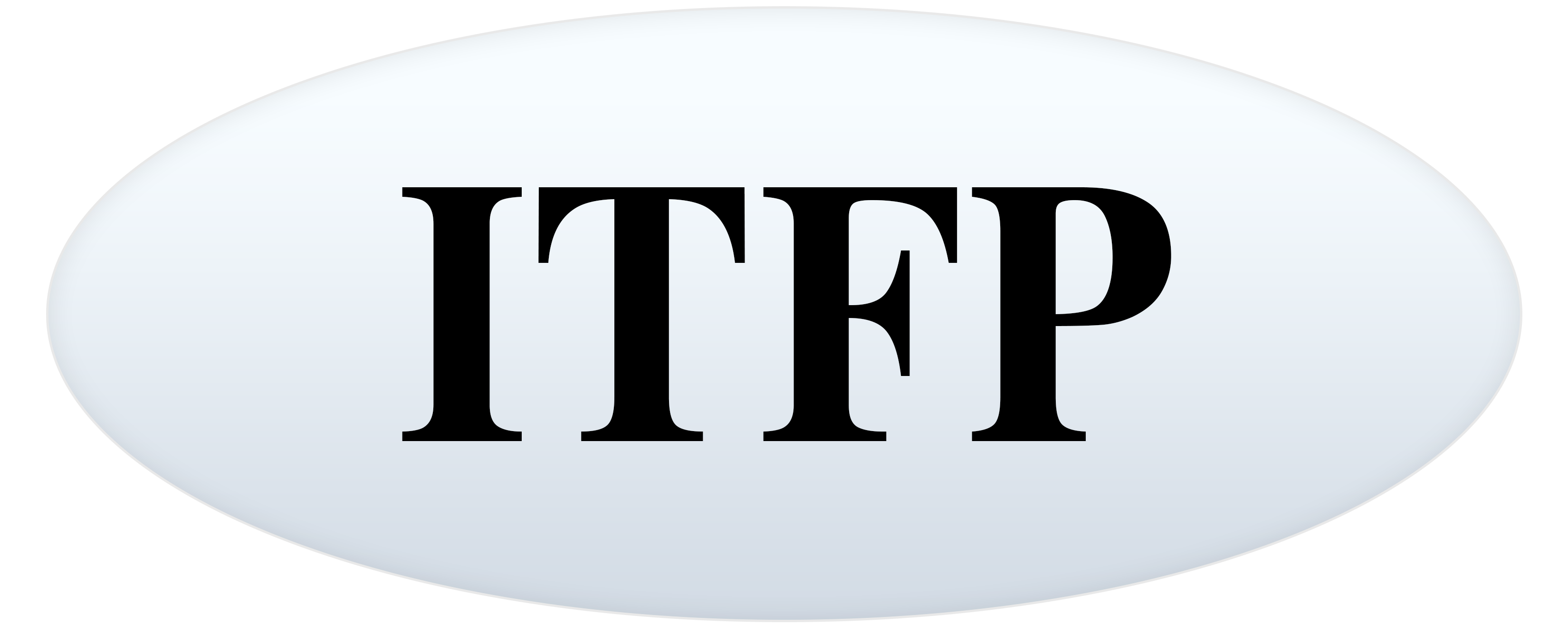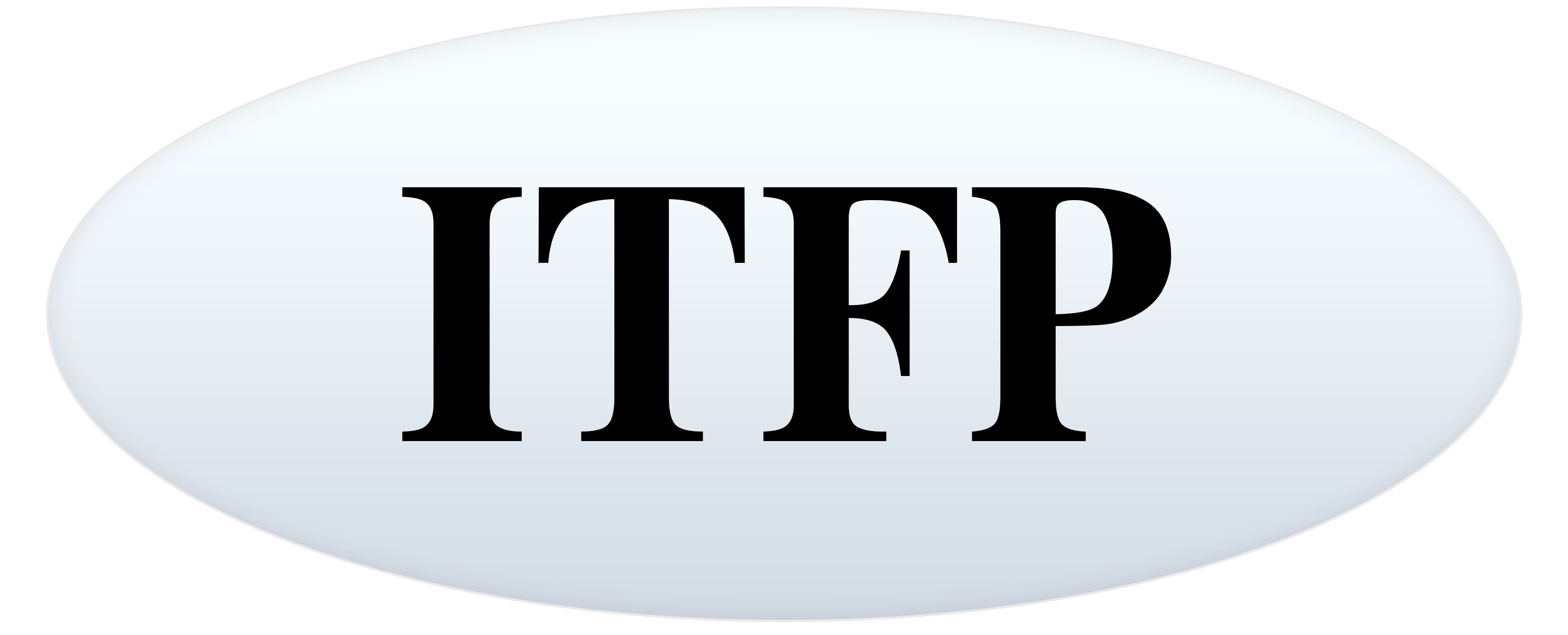There are many tax advantages to owning a home. Home ownership provides tax benefits that include:
Deducting some of your closing costs, such as loan origination fees, and buyer’s points; Deducting your mortgage interest expenses; Limited property tax deductibility; Home equity loan interest expense deduction if you take out a loan or second mortgage that is secured by your home as collateral; Excluding from tax up to $500,000 (married) or $250,000 (single) of capital gains when you sell your home; Deducting potential home office expenses.
To ensure you receive full advantage of these tax breaks, you must keep thorough records including: 1) All records of the purchase of your home; 2) All records of qualifying home business expenses and home improvements; 3) Tax returns from all years in which you bought and sold homes; 4) All records of the sale of your home; and, 5) All interest and tax statements.
When Buying a Home
To take advantage of a home’s tax benefit, you must first be able to afford a home. It often helps to understand how the bank looks at your ability to buy. Some mortgage basics are:
Rule of Thumb:
You can typically afford a home valued at about 2 1/2 times your annual income.
Down Payments:
Plan on making a down payment of 10% or more of the price of the home and incurring as much as 1% to 3% of the mortgage loan value in closing costs (Tip: many of these expenses are negotiable among you, the seller and the lender and can be added to the mortgage loan).
28/36 Rule:
Lenders are typically Banks or Mortgage companies. Often these institutions use a 28/36 Rule to determine your maximum mortgage loan amount. They assume you can afford to pay up to 28% of your income on mortgage principle, interest, property taxes and homeowners insurance combined. They also look at your total debt (for the home, auto loans, credit card balances, and other loans) to make sure it is no more than 36% of your income.
What Is Deductible?
The deductibility of homeowner expenses (mainly mortgage interest and limited property taxes) is one of the last significant areas of tax deductible expenses individuals can use to offset income and thereby reduce their annual income tax.
Deductible expenses include:
- Mortgage Loan Interest – on your main home and a second home. The loan(s) can be first and second mortgages, home improvement loans or a home equity loan.
- Mortgage Costs – paid in advance as “points” and origination fees at closing. Deductible “points” are paid for you by the seller at closing when you buy your home. (Tip: You must lower the base price of the home by this amount for tax purposes to compute gains when you sell.)
- Refinancing “Points” – paid during refinancing. These deductible expenses must be spread out in equal amounts over the life of the new loan.
- Real Estate Taxes – Limited
- Community Assessments for maintenance or repair
What Isn’t Deductible?
- Lender imposed closing charges related to the mortgage loan but not loan interest. These include appraisal fees, notary fees, and preparation and registration fees.
- Seller may not deduct “points” paid on behalf of the buyer.
- Homeowner’s insurance is not deductible even if escrowed as part of your monthly loan payment.
- Mortgage insurance, even if required by your lender
- State and community charges for services, such as water and garbage collection
- State and local community assessments that improve your property such as sidewalks
- Homeowner’s association assessments
- Real Estate Taxes
When You Sell
With current tax laws you may be able to exempt up to $500,000 for married couples, $250,000 for singles, of your gain when selling your house. This tax free gain went into effect for home sales after May 7, 1997 and can be used once every two years for your primary residence. To compute this gain you must subtract your home basis (the purchase price of your home plus any home improvements) from the adjusted selling price.
Under the old Law if you sold your house before May 7, 1997 you qualified for a gains rollover. You qualified as long as you bought and lived in your next house within two years and the price of your next home was at least as much as the adjusted selling price of the home you sold. These gain rollovers must still be taken into account when you sell.
Tax$aver Tip: Check to see if the gain exclusion fits your situation. Selling your appreciated home may be a good way to capture tax free gains.
Tax$aver Tip: Remember to continue to save all receipts for home improvements even though you may not have to report a gain.
Note: The one-time $125,000 gain exclusion for those 55+ years old is no longer applicable.
Home Improvements
The need to track home improvements has diminished with the ability to exclude from tax up to $500,000 of the gain when your home is sold. All qualified home improvements can be added to your home’s cost (basis), there-by reducing the taxable gain when you sell. However, if you think you no longer need to keep track of improvements be careful. It is still recommended that you keep records of any improvements to your home. This is especially true if:
- You plan to have a home office.
- Your house is located in an area with rapid appreciation.
- You plan to stay in your home for a long time.
- You think the tax laws will change.
- You rent out your home anytime in the future.
- You are planning major improvements.
- Your home is no longer used as your primary residence.
Improvements VS Home Repair/Maintenance
Types of home improvements that add to your home’s basis include: adding a room, finishing an unfinished basement, adding a new roof, or paving your driveway. Types of home repair/maintenance you may not add to your home basis are general repairs that simply keep the house in its original condition such as painting, wallpapering, fixing leaks, and plastering. These expenses can be used as an improvement if they are done in conjunction with remodeling or a restoration project.
Home Office
A home office deduction is available to you if: It is the principle place of your business. It is an area of the home that is used exclusively and on a regular basis for business. It is a place where your patients, clients, or customers meet with you in the normal course of business. It is used as a convenience to your employer, if you’re an employee. You are using an area in your home as the sole place for storing products used in your business. You use a place in your home to conduct the administrative or management activities of your trade or business provided there is no other fixed location for such activities. You are limited to home office deductions equal to but not greater than the gross income of the business less non-home-use business activity expenses. The allocation of the home use expenses on a proportionate share basis cannot create or increase a net loss in the business. Home Office tax rules can be complicated. Should you have questions or need more information, just call for an appointment.
Vacation Home Rental
Your vacation home is another potential source for tax advantages. Briefly, the rules are: If you don’t rent out your vacation home you can deduct mortgage interest and limited real estate taxes. If you rent out your vacation home for 14 days or less you can deduct the mortgage interest and the real estate taxes. The rental income is tax-free. If you rent out the home 100% of the time and there is no personal use, generally you may deduct interest, taxes, all operating expenses, and depreciation and rental losses up to $25,000. If you rent out your vacation home for more than 14 days, the rules regarding personal use and what you can deduct are very complex. Often, small changes in use can make big differences at tax time.



